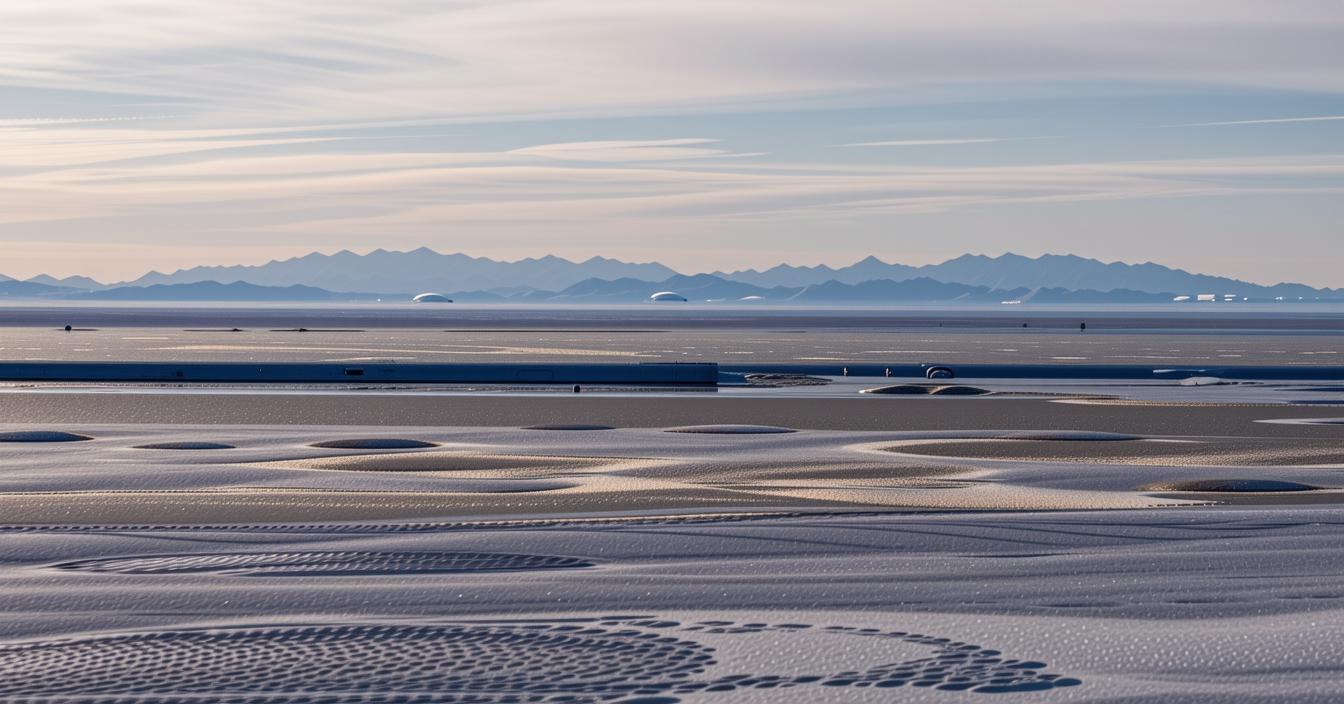Alaska’s Arctic Refuge: A New Chapter in Oil and Gas Exploration
JUNEAU, Alaska – On Thursday, the Trump administration took a significant step by approving plans to open the coastal region of Alaska’s Arctic National Wildlife Refuge for potential oil and gas exploration. This decision reignites a longstanding debate about the environmental impact of drilling in this pristine area.
Opening the Coastal Plain
U.S. Interior Secretary Doug Burgum announced the move, which allows for future lease sales on the refuge’s 1.5 million-acre coastal plain. This area holds cultural significance for the Indigenous Gwich’in people. The plan aligns with President Donald Trump’s and congressional Republicans’ promises to make this part of the refuge available for development. The legislation passed earlier in the year mandates at least four lease sales over the next decade.
Political and Indigenous Perspectives
In Washington, D.C., Burgum was joined by Alaska’s Republican Governor Mike Dunleavy and the state’s congressional representatives for this announcement. They also discussed the restoration of oil and gas leases previously canceled by the Biden administration. A federal judge had ruled that the Biden administration lacked the authority to cancel these leases, which were initially secured by a state corporation during the first lease sale at the end of Trump’s term.
The Gwich’in communities, who consider the coastal plain sacred due to its importance to the caribou herds they depend on, oppose drilling. Conversely, the Iñupiaq community in Kaktovik supports responsible oil development, seeing it as crucial for their economic future. “It’s heartening to see Washington’s decision-makers respecting our voice and supporting Kaktovik’s long-term prosperity,” stated Charles “CC” Lampe, President of Kaktovik Iñupiat Corp.
Challenges and Criticisms
A second lease sale during President Joe Biden’s term attracted no bidders, with critics arguing that the terms were too restrictive. Meda DeWitt from The Wilderness Society criticized the administration for prioritizing corporate interests over the cultural and spiritual needs of those reliant on the Porcupine caribou herd.
Infrastructure Developments
In addition to the lease sales, Burgum announced a land exchange deal to facilitate the construction of a road through the Izembek National Wildlife Refuge, connecting King Cove to Cold Bay’s all-weather airport. This road is seen as essential for emergency medical access. However, conservationists and some tribal leaders are concerned about the potential impact on migratory birds and have vowed to challenge the decision legally.
The Center for Biological Diversity highlighted that the agreement involves exchanging approximately 500 acres of wilderness within the refuge for up to 1,739 acres of King Cove Corp. lands. Tribal leaders from the Yukon-Kuskokwim Delta region have expressed concerns about the road’s impact on migratory birds crucial to their subsistence lifestyle.
Senator Murkowski’s Perspective
U.S. Senator Lisa Murkowski, a Republican, has been a long-time advocate for the road, emphasizing its importance for King Cove residents. She described the refuge as a vital habitat for waterfowl and stressed the need for minimal environmental disruption. “It’s important to note that this is not a major highway but an 11-mile, one-lane gravel road intended for noncommercial use,” she explained.
